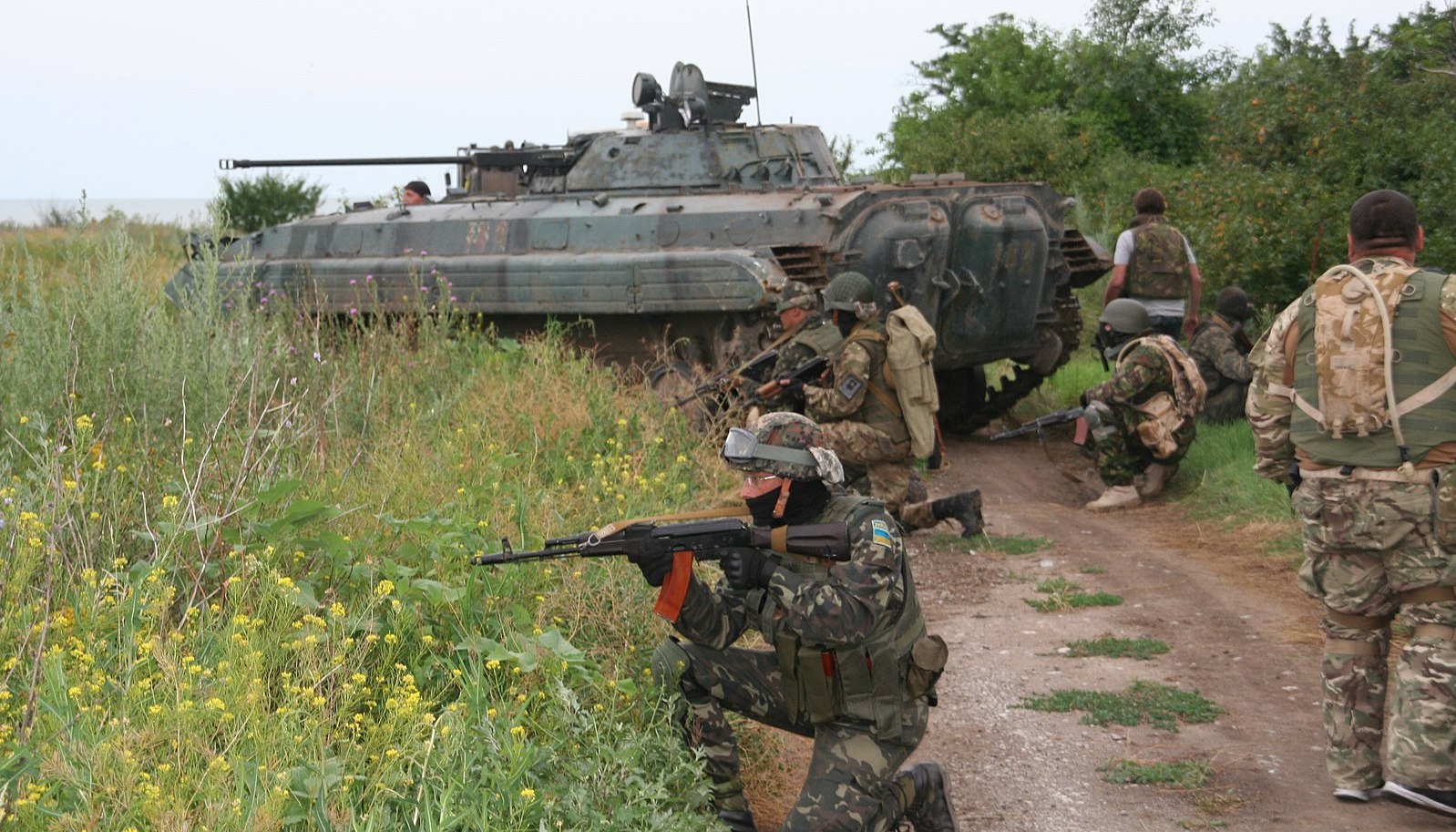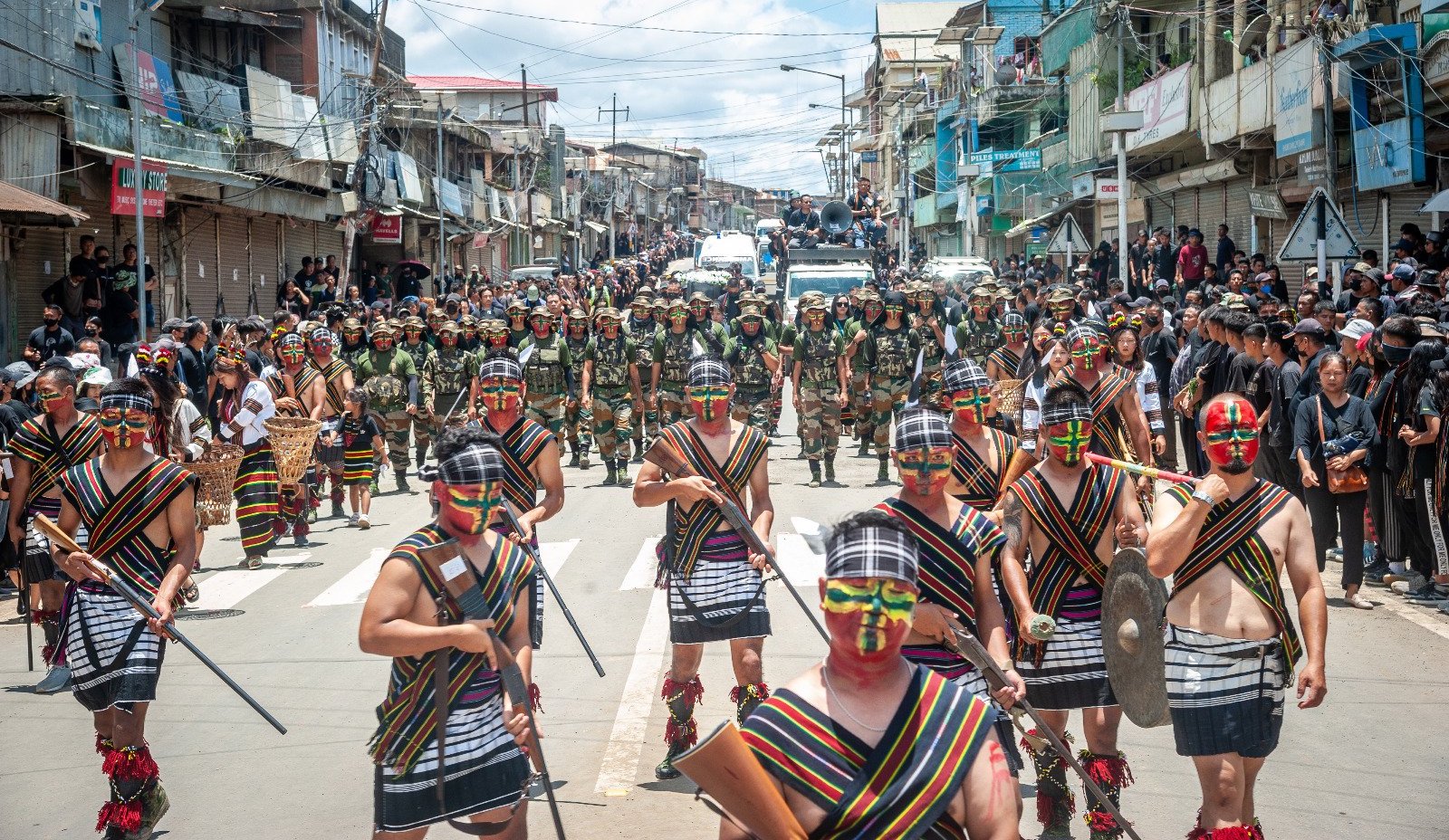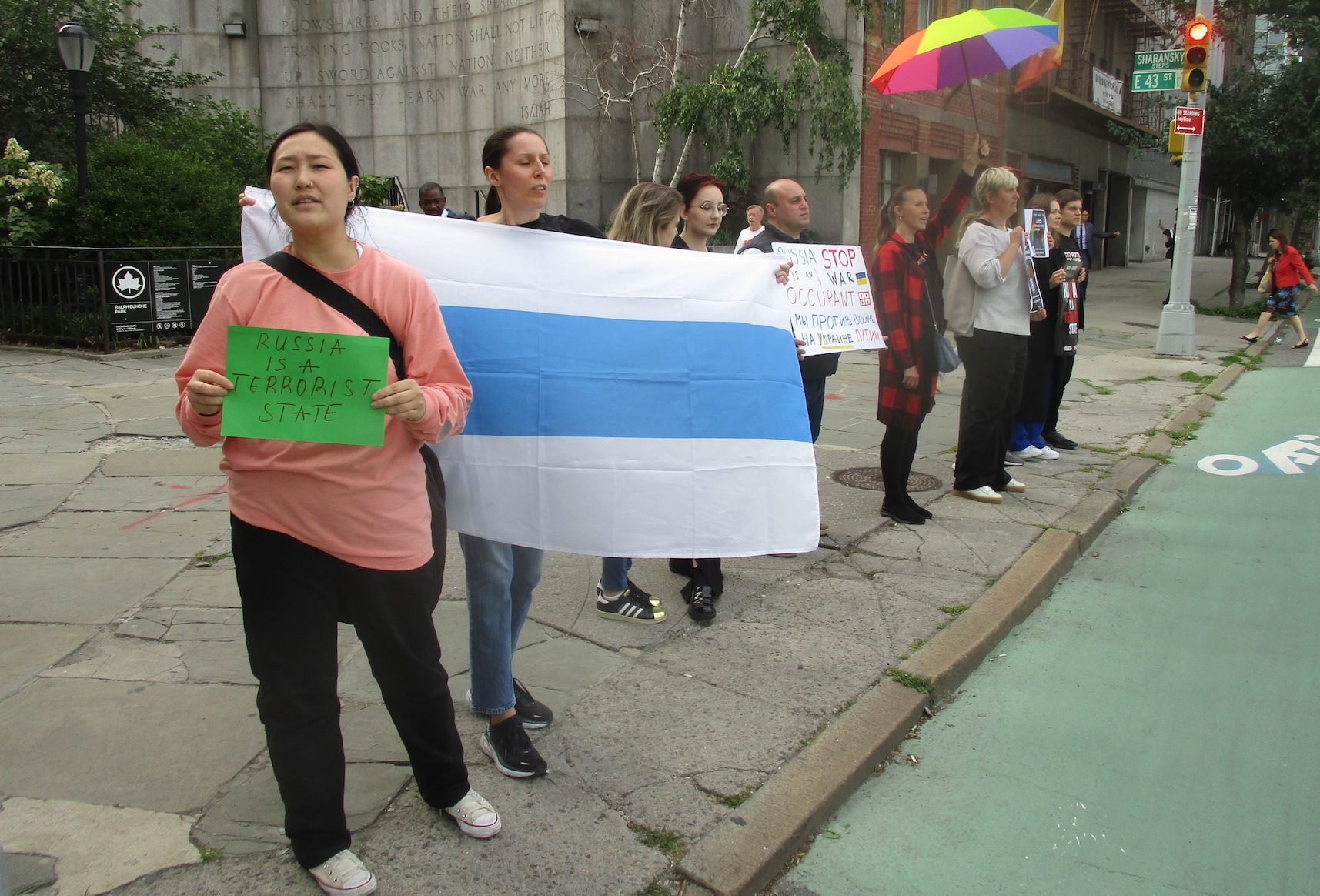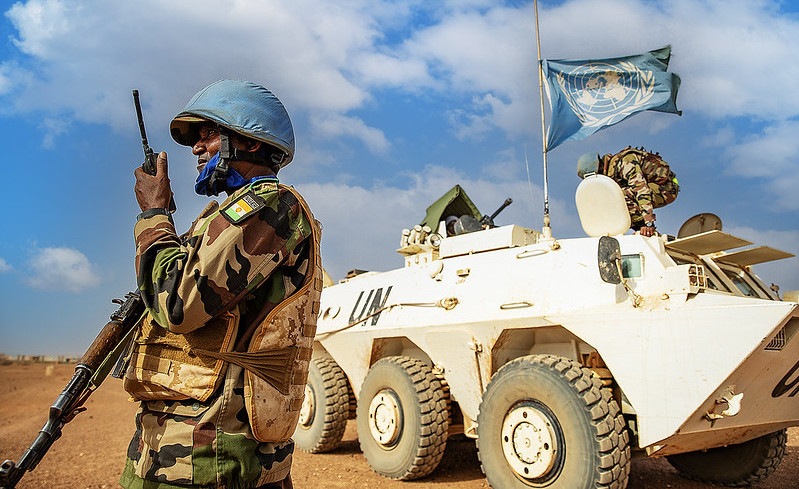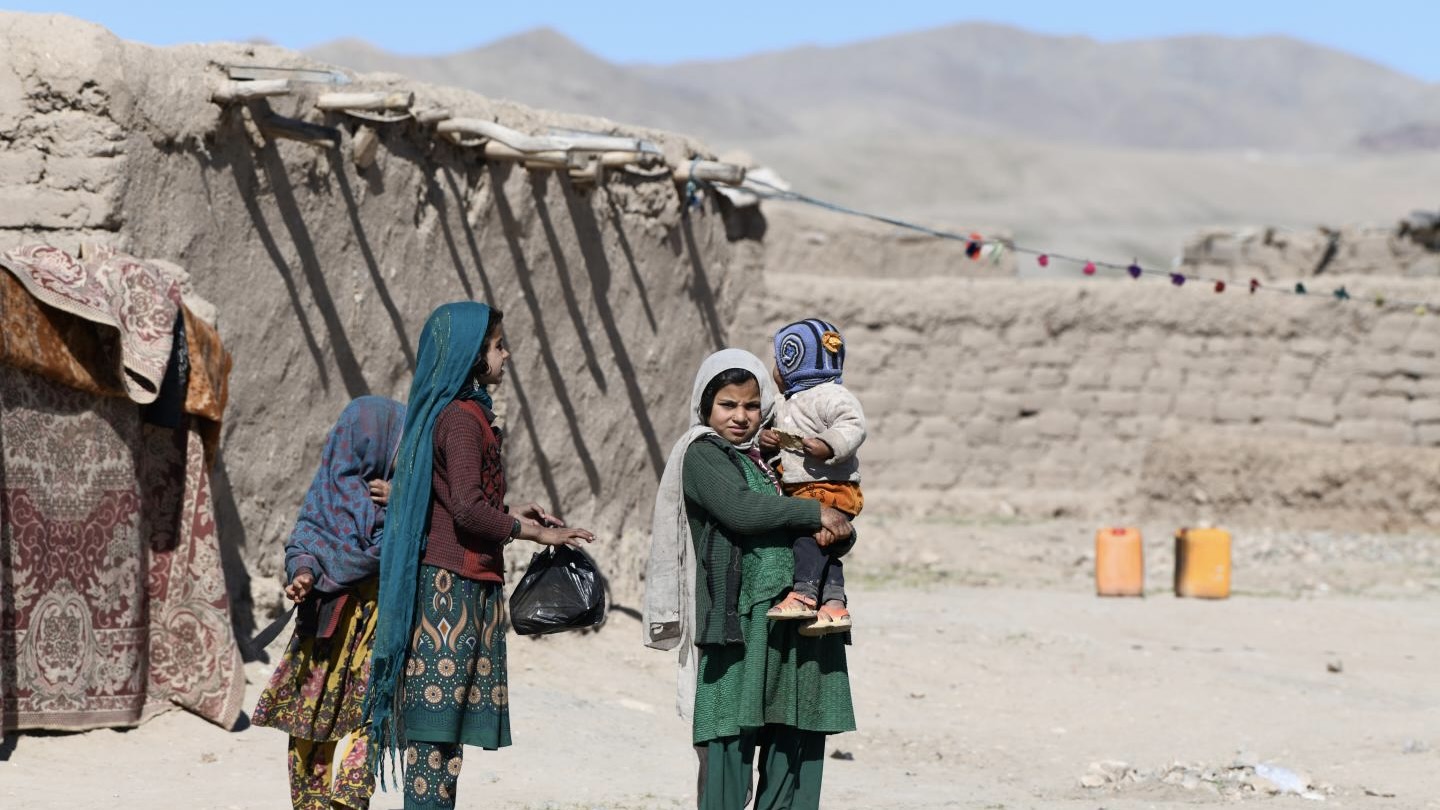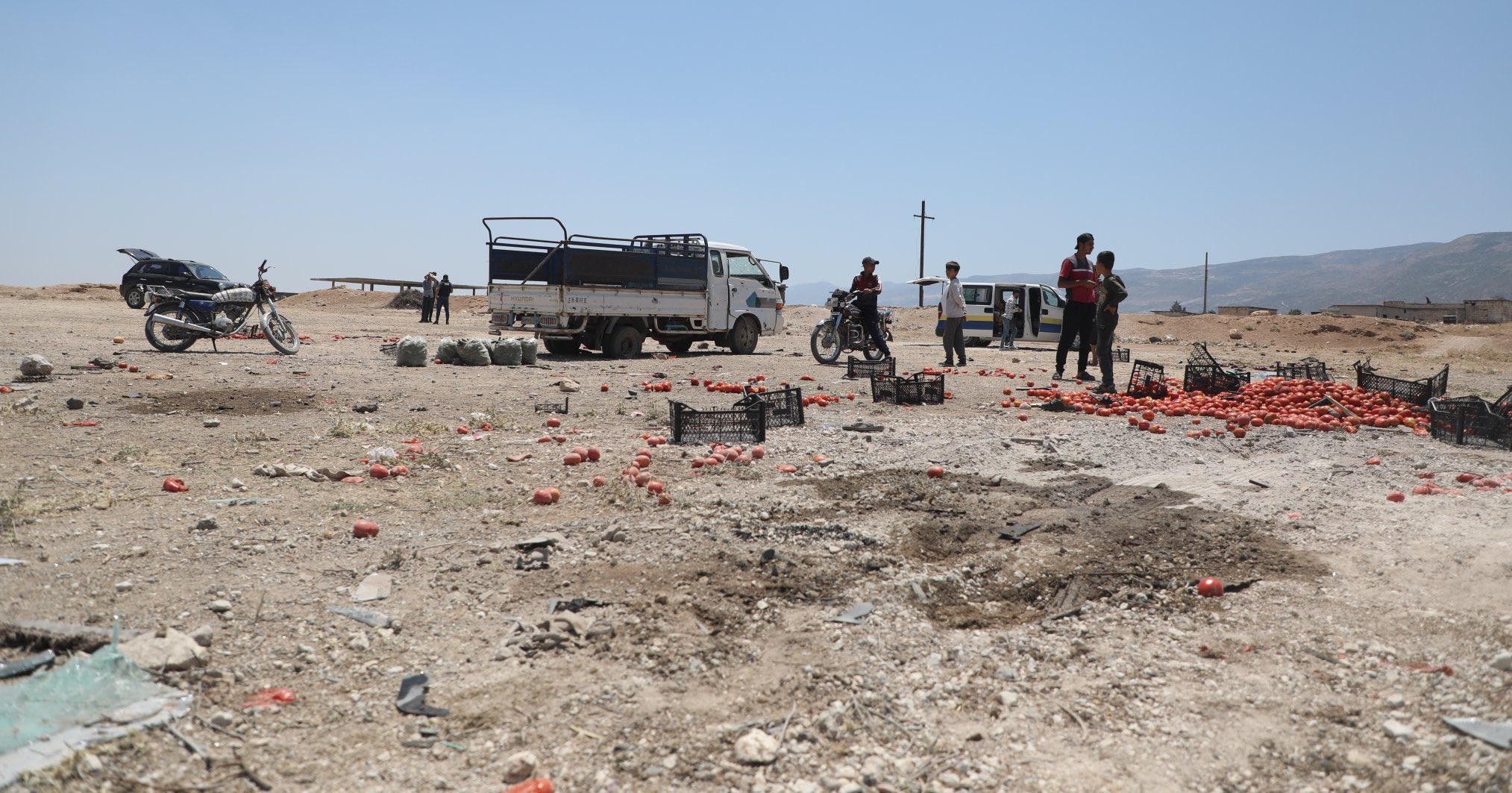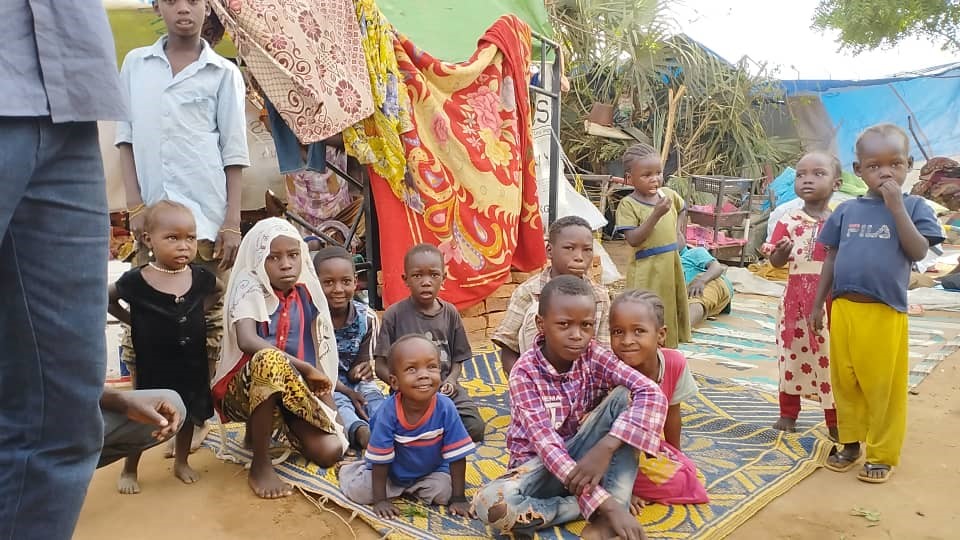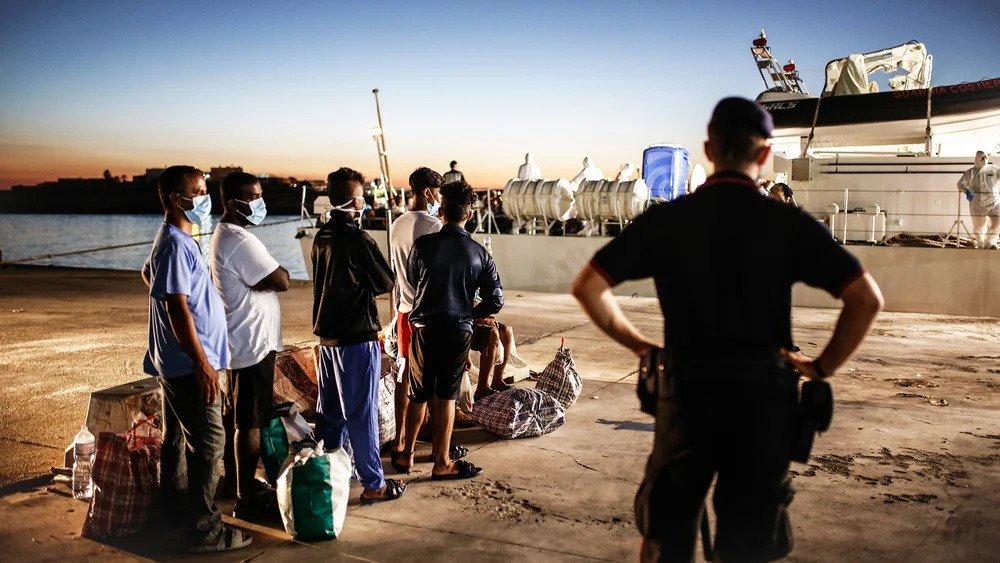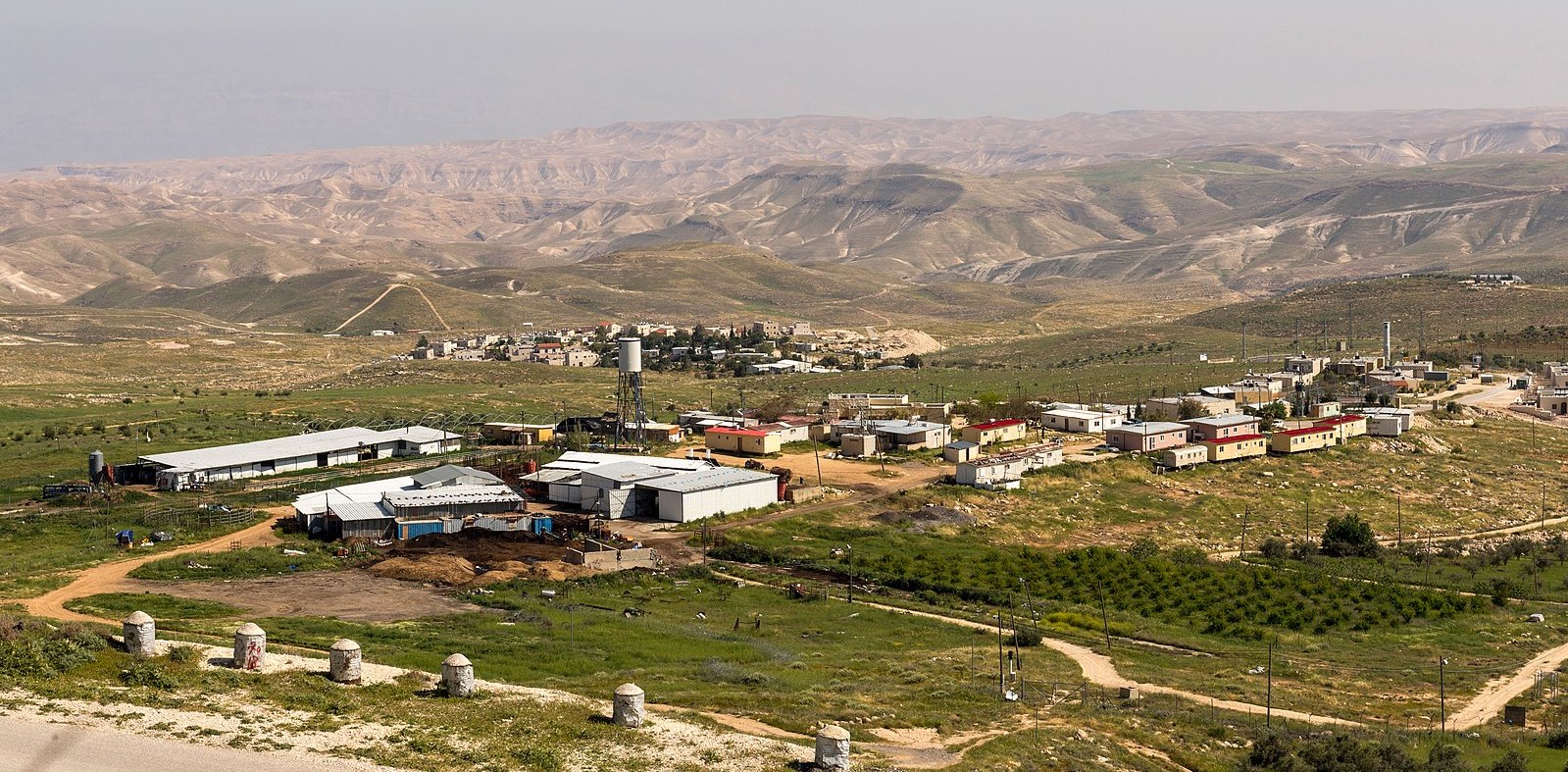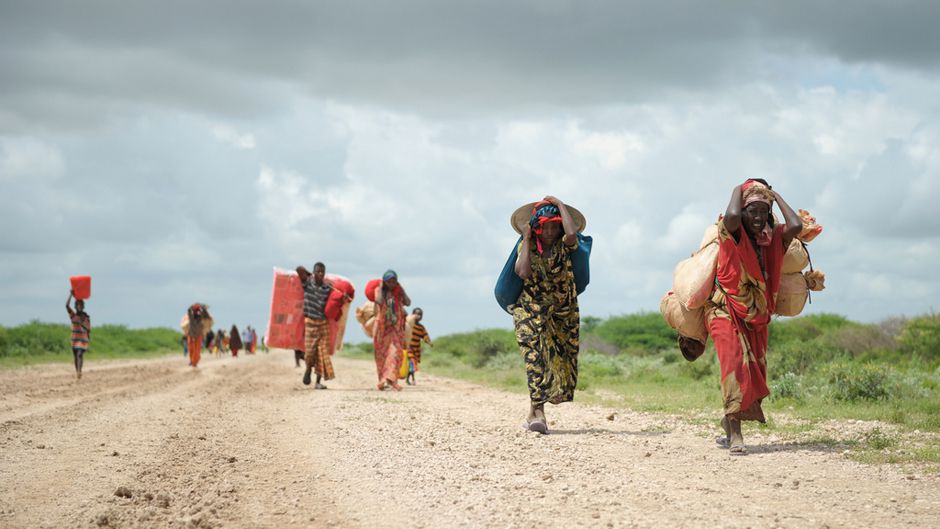
UN grapples with definition of ‘climate refugees’
The United Nations must update its 70-year-old refugee convention to address the growing numbers displaced across borders by the climate crisis, according to the special rapporteur on climate change. Speaking before the Human Rights Council in Geneva, Ian Fry said there’s an “urgent need” to protect the rights of the displaced as the climate crisis builds. While few contest the need to address climate-related displacement, how to do so is a sticky question. The UN’s two main agencies for displacement, the UNHCR and IOM, shun the term “climate refugees,” saying that it’s misleading and could even undermine existing protection law. (Photo of displaced families in Somalia: UN Photo/Tobin Jones via Flickr)



